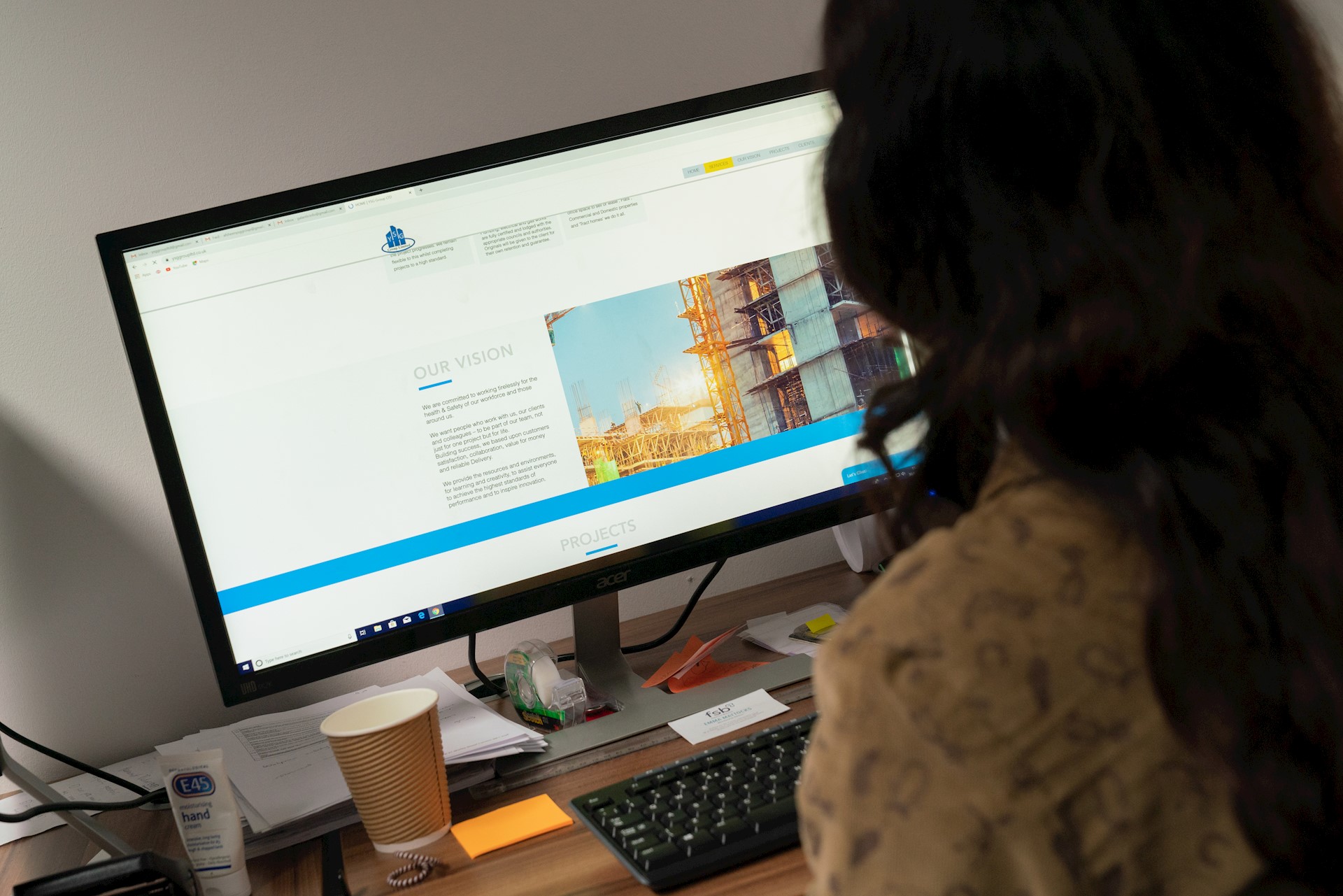A guide to: registering your business as a limited company
 To set your business up as a limited company, you'll need to ensure you register your business with Companies House before you start trading to comply with HMRC regulations.
To set your business up as a limited company, you'll need to ensure you register your business with Companies House before you start trading to comply with HMRC regulations.
Here's a guide to what you need to know.
What is a limited company?
A private limited company has a separate legal identity to that of its owners. In legal terms it is the 'company that employs people, enters into contracts and takes on loans rather than you'.
Limited refers to ‘limited liability’ which in principle means that if the company is wound up, the liability of the owners (shareholders) will be limited to the value of their shareholding, but their personal assets will be protected.
Companies can also be limited by guarantee. In this case, liability is limited to financial guarantee made by the owners to pay an agreed amount should the company be wound up at any point. The amount of guarantee is usually limited to a nominal amount such as £1. Companies that are limited by shares are mainly for traditional profit-making and distributing organisations whereas companies limited by guarantee are typically not-for-profit organisations such as charities and community groups.
The basic steps to setting up a limited company are set out below:
1. Choose a business name

1. You will need to choose a name for your business. All limited companies must register with Companies House and your business name cannot be exactly the same as or too similar to one that is already registered.
2. Register your business with Companies House
Wenta's business advisors can assist you through this process if needed however this can be done online through the Companies House online portal. The standard fee is £12 and your company will typically be registered within 24 hours subject to approval.
3. Following incorporation (registration), you can start trading.

Once your registration has been approved by Companies House, they will send you confirmation of the registration along with a Certificate of Incorporation for you to keep on file. They will contact HMRC on your behalf to inform them that your company has been set up. HMRC will send you a unique taxpayer reference and a letter explaining how to set up an online account for company tax returns and corporation tax. It's important to keep this reference number safe for all correspondence regarding your tax.
4. Set up a business bank account
You will need to set up a business account in your company name. You can only do this once your business has been incorporated with Companies House (step 3) since the bank will require evidence of registration such as your Certificate of Incorporation.
Got a business question?
We're here to help. Get in touch.
Book your free appointment below:
